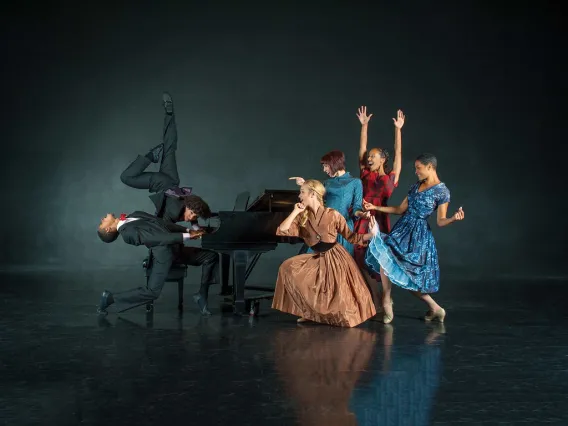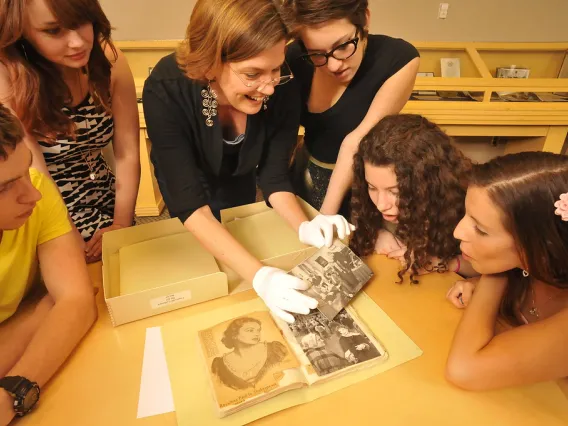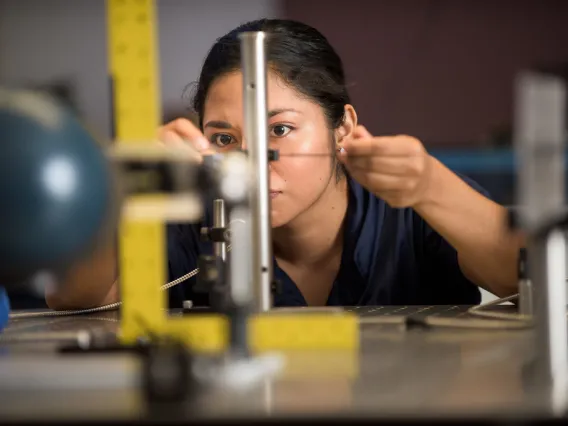Exploring Perspectives
4 PERSPECTIVES, 12 units
In Exploring Perspectives courses, students will explore and practice the varied approaches and ways of reasoning of the Artist, Humanist, Natural Scientist, and Social Scientist.
LEARNING OUTCOME
Students will identify the approaches and methodologies of the disciplinary perspective, use evidence and/or knowledge generated within the disciplinary perspective to critically analyze questions, ideas, and/or arguments, and describe contributions of this perspective to finding solutions to global and/or local challenges.
The following Perspectives Categories do not necessarily represent all disciplinary perspectives, but are broad umbrella categories that invite instructors to identify the best place for the methodologies they will have students practice in their courses.

Artist
Artists observe, interpret, create, and practice in many media to create meaning, expression, and communication.

Humanist
Humanists critically and often historically examine the full spectrum of human cultures and products, including material objects and structures, languages, literatures, philosophies, religions, thought, and consciousness.

Natural Scientist
Natural Scientists analyze and critically question natural phenomena through the scientific method, and collect empirical evidence through observation and experimentation to explore, interpret, and create understanding of the physical world and its complex interrelations.

Social Scientist
Social Scientists study and analyze how people think, behave, and affect the world around us at scales encompassing: the individual, pairs of individuals, the family and social group, informal social structures, formal institutions, regions, and nations.

